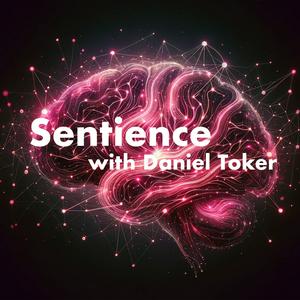10. Barbara Finlay, PhD on how brains develop and evolve
In this episode, I speak with evolutionary neuroscientist Barbara Finlay, PhD, whose pioneering research has reshaped our understanding of brain evolution. Barbara shares her scientific journey, from her early inspiration in vision science to her groundbreaking discoveries about how brains scale and evolve. We explore how brains self-organize to process sensory information, why humans don't have a uniquely special cortex, and what the evolutionary transition from water to land meant for brain development and consciousness. This conversation dives deep into how evolution shapes neural architecture, uncovering principles that bridge species from sharks to humans, and raises fascinating new questions about consciousness, memory, language, and AI. Whether you're a scientist, student, or simply curious, Barbara’s insights offer a compelling glimpse into the evolutionary story of our own minds.Timestamps:(00:00) – Intro to Barbara Finlay and the premise of the episode(00:32) – Barbara’s early path into neuroscience(08:33) – Introduction to Evo-Devo: how development shapes brain evolution and how evolution shapes brain development(17:20) – Brain scaling laws and how the cortex grows in coordination with the rest of the brain(29:12) – Why the human cortex isn’t special—and what actually makes us unique(36:09) – Language, sociality, and the deeper brain structures that support them(43:12) – Self-organization of the cortex: how brain areas emerge without being hardwired(53:00) – The brain’s hunger for information: from monkeys gaining color vision to human adaptability(59:00) – The limbic system vs. cortex: two distinct computational systems(01:10:00) – Egocentric mapping, the transition from water to land, and the roots of consciousness(01:24:00) – Consciousness, midbrain vs. cortex, and what AI is missing(01:31:00) – Barbara’s current work and reflections on being part of the neuroscience founder generation


